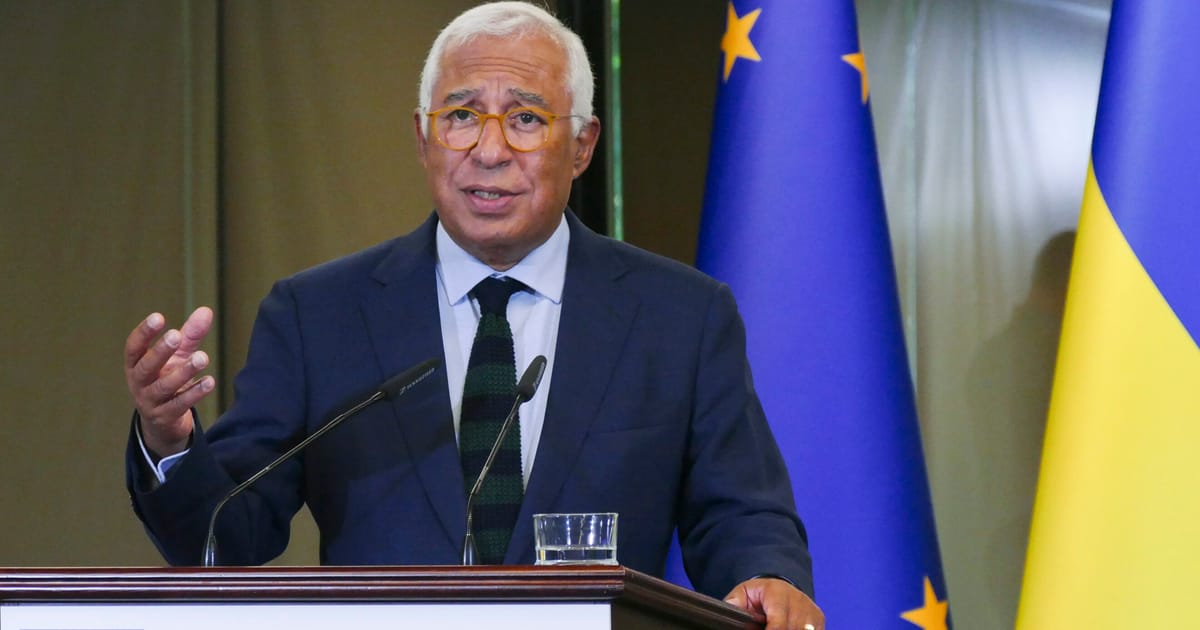

In a world continuously navigating complex geopolitical landscapes, recent developments highlight the delicate balance of diplomacy, recognition, and cooperation. A series of international events hint at significant shifts and new beginnings as nations strive to enhance peace and political stability.
The European Union (EU) and the United States have embarked on a collaborative effort to address the ongoing tensions involving Russia. This cooperation is part of a broader strategy to apply concerted pressure on the Kremlin in response to sustained conflict in Ukraine. The EU has dispatched a delegation to Washington to lay the groundwork for a unified front, signifying the resolve of Western allies to implement additional sanctions that could play a crucial role in deterring further aggression. The mutual interest in crafting a strategic response underscores the importance of transatlantic unity in addressing global conflicts.
Meanwhile, the United Nations and the United States are jointly exploring a comprehensive reconstruction plan for Gaza. This plan aims to guide negotiations before the UN General Assembly, where discussions around symbolic recognition of the state of Palestine are anticipated. To foster stability in the region, the proposed initiative includes the establishment of a technocratic government, facilitated disarmament of Hamas, and the stationing of an international stabilization force. The involvement of countries like the United Kingdom, France, and Canada suggests a growing coalition ready to endorse Palestine’s statehood, potentially marking a pivotal moment for regional diplomacy.
In London, preparations are underway for the visit of Isaac Herzog, the President of Israel, amid critical discussions on Palestine’s statehood recognition. The visit has provoked debate within the UK’s political circles, including among members of the Labour Party, who have openly expressed reservations about meeting the Israeli delegation. At the heart of this visit lies the UK’s impending decision at the UN, which may herald a shift in its long-standing position on the Israeli-Palestinian conflict, aligning with wider international efforts to acknowledge Palestine as a sovereign state.
Across the Atlantic, Venezuelan President Nicolás Maduro has extended an olive branch to former US President Donald Trump, expressing a desire for dialogue amidst strained relations. Despite asserting readiness to defend Venezuela in the event of external threats, Maduro’s appeal for discussion with the United States suggests an openness to diplomatic engagement to ease tensions. This dual approach encapsulates the complex interplay of defense readiness and diplomatic outreach that characterizes many international relationships.
Collectively, these global diplomatic efforts reflect a mindful pursuit of peace and stability in an interconnected world. As nations navigate these challenging but hopeful times, the potential for meaningful progress through cooperative dialogue shines through. Whether it is through strategic alliances, economic sanctions, or peace accords, the commitment to resolving conflict remains a testament to the power of diplomacy in shaping a more harmonious global community.
Source: {link}
